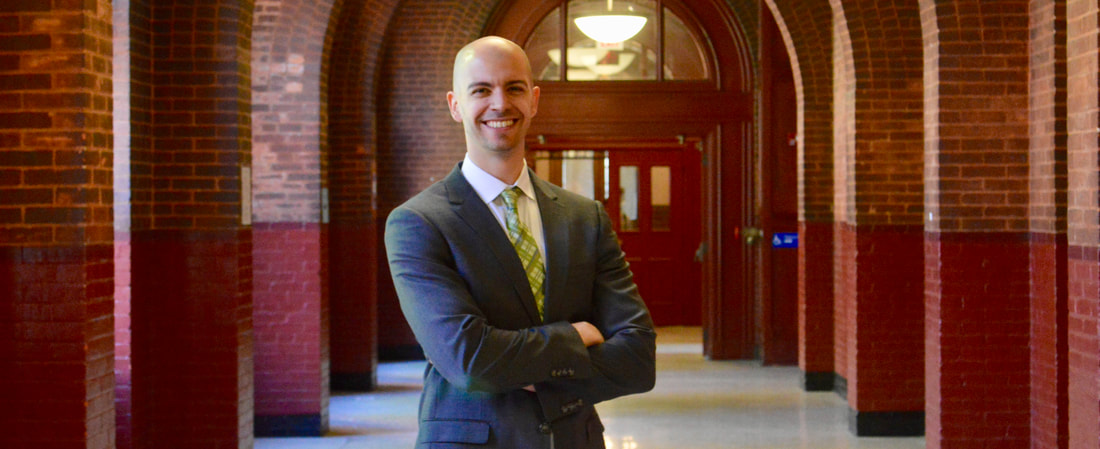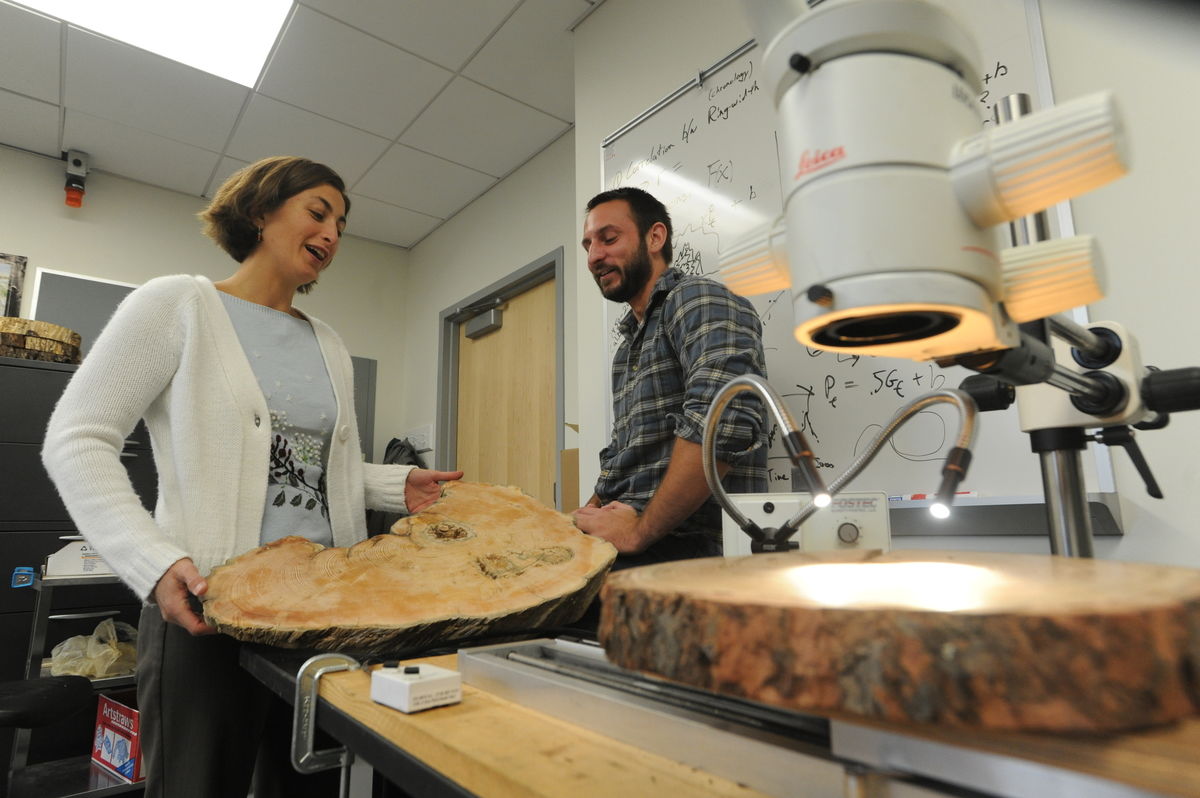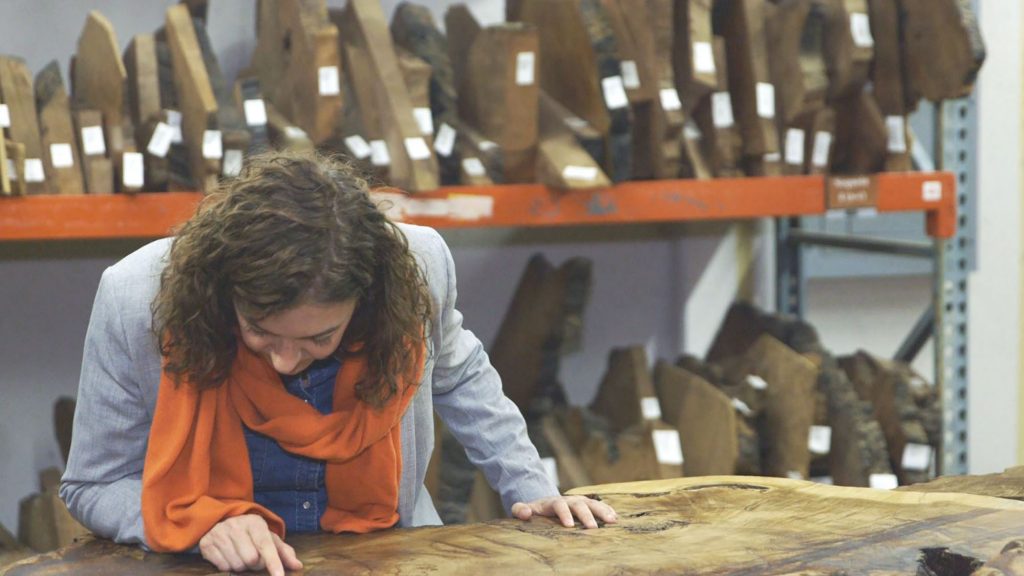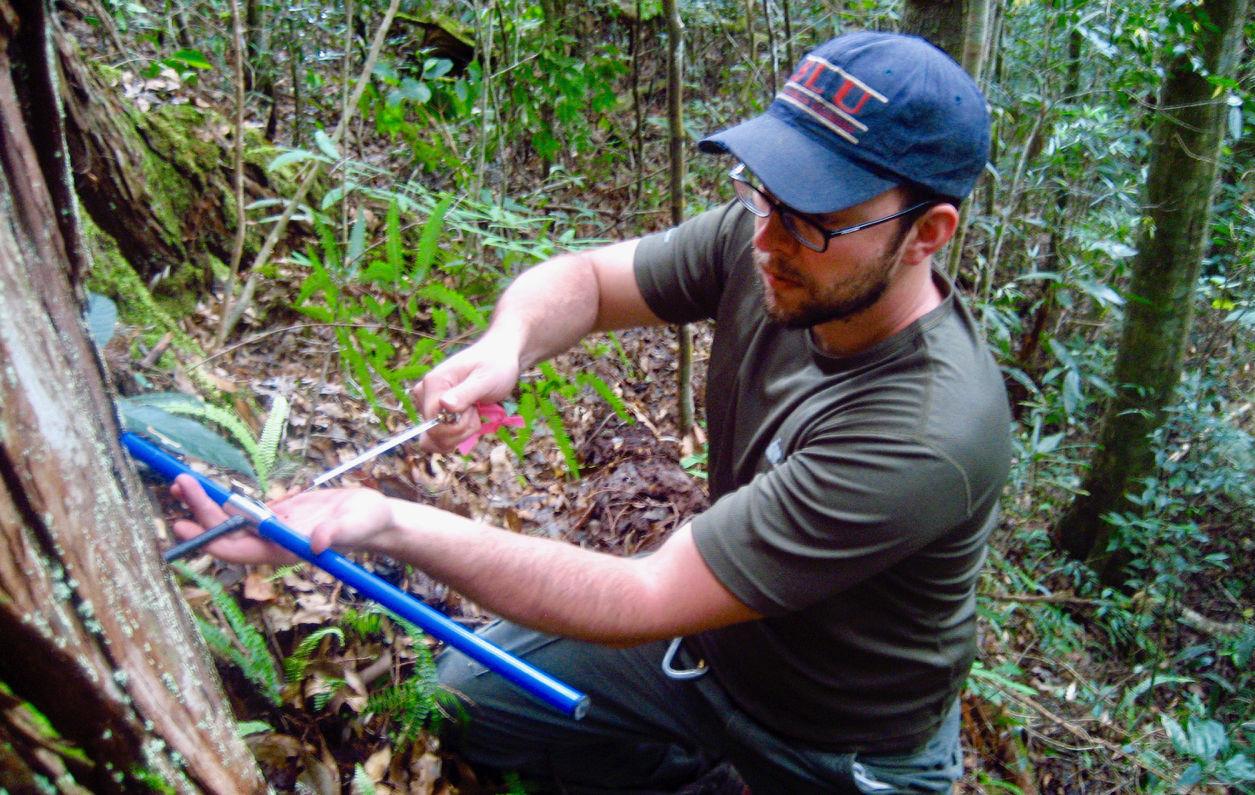|
In the 19th episode of Climate History, co-hosts Dagomar Degroot and Emma Moesswilde discuss their work on a major article in the journal Nature. The article coins a new term – the “History of Climate and Society” (HCS) – to refer to the truly interdisciplinary study of the past impacts of climate change on human populations. It offers a detailed critique of the field as it has been pursued to date, presents a new research framework for HCS scholars, and shows how the application of that framework can permit new scholarship into the resilience and adaptability of populations that faced the modest, pre-industrial climate changes of the past 2,000 years. It also identifies five “pathways” that allowed populations to endure and even exploit these changes - pathways from which we might learn today.
Dagomar Degroot, lead author of the study, explains how he assembled the team responsible for the article, and details the article's most important findings about the past. He describes how HCS studies can move forward from here - and reveals what this scholarship can tell us about our future on a warming planet. To listen to this episode, click here to subscribe to our podcast on iTunes. If you don't have iTunes, you can still listen by following us on SoundCloud or Spotify.
20 Comments
A Conversation with Amy Hessl and Valerie Trouet: What Tree Rings Reveal about Climate Change3/4/2020 In the 12th episode of Climate History, co-hosts Dagomar Degroot and Emma Moesswilde interview Amy Hessl of West Virginia University and Valerie Trouet of the Laboratory of Tree Ring Research at the University of Arizona. Hessl and Trouet are two of the world's leading paleoclimatologists. They scour the Earth to measure the growth rings in trees, which they use to uncover ancient climate changes that likely influenced the fate of past societies. Among other work, they have led groundbreaking studies that identified ancient changes in atmospheric circulation, hurricane frequency, the prevalence of wildfires, and even the precipitation patterns that may have set the stage for the expansion of the Mongol Empire. In this interview, we discuss the nature of tree ring research, the challenge of communicating its insights to the public, and Professor Trouet's groundbreaking new book, Tree Story: The History of the World Written in Rings.
To listen to this episode, click here to subscribe to our podcast on iTunes. If you don't have iTunes, you can still listen by clicking here. In the ninth episode of Climate History, our podcast, we relaunch with a new co-host: Emma Moesswilde, PhD Student in Environmental History at Georgetown University. For the relaunch, Moesswilde and Dagomar Degroot are joined by Kevin Anchukaitis, associate professor of geography at the University of Arizona and one of the world's leading paleoclimatologists. Anchukaitis uncovers and interprets climate changes over the past two thousand years. He’s currently active in projects that identify past climatic trends in nearly every part of the Earth. He uses many techniques to reconstruct those trends, including dendroclimatology; climate field reconstruction and spatiotemporal data analysis; stable isotope analysis; proxy systems modeling, and the integration of paleoclimate data with General Circulation Modeling.
In this episode, Moesswilde, Degroot, and Anchukaitis discuss how and why Earth's climate has changed over the past two thousand years; how scholars "reconstruct" those changes; how historians can link the changes to the course of human history; why this research matters today; and how to communicate scholarship on past climates to the widest possible audience. To listen to this episode, click here to subscribe to our podcast on iTunes. If you don't have iTunes, you can still listen by clicking here. |
Archives
December 2021
Categories
All
|





 RSS Feed
RSS Feed